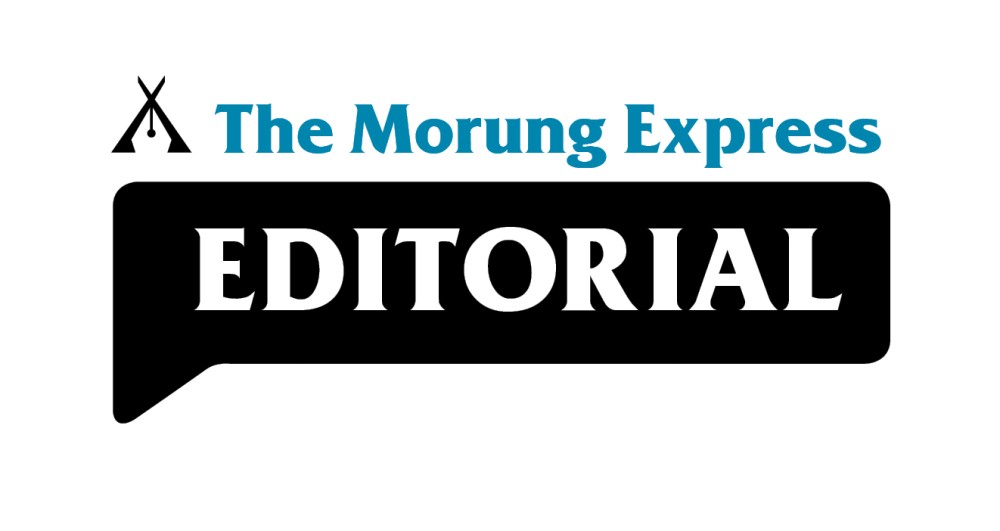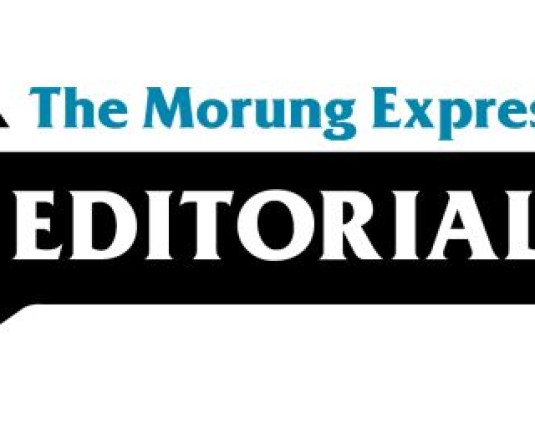
Humankind has begun to realize that throughout history we have been living in a mutually dependent and interconnected world. However, humanity is also faced with multiple closures of our physical and democratic spaces by Corporate Globalism and Militarized States made possible through economic exploitation aided by political oppression. This has brought into focus the formidable interplay of force, violence, poverty, inequality and non-sustainability. And at the center of this interplay, the idea of development has often been used by the ‘powers that be’ to justify their current position and maintain the status quo.
While genuine development is an inclusive, stimulating awakening process, ways in which people recognize themselves and realize their fullest potential, the ‘powers that be’ have effectively reduced development as a mechanical response to various challenges of modern life. In other words, the idea of development has been hijacked. It is being used as a means to justify and re-create the status quo of injustice in which the poor and the marginalized are forced to suffer peacefully. From the standpoint of oppressed and marginalized persons, it becomes necessary to articulate transformation as an idea that transcends development. After all transformation, occurs only when it is carried out with the people, not for them.
To put these two praxis in context, let us listen to Sundeep Waslekar, who says, “We now need transformation to include the excluded in our world of opportunity. Development was about help. Transformation is about empowerment. Development was about survival. Transformation is about actualisation. Development was about the context of despair. Transformation is about the context of hope. Development was needed to provide life. Transformation is essential to provide meaning to life.” Waslekar, further adds that the framework of transformation is:“Not just literacy, but capacity building; Not just poverty alleviation, but productive employment; Not just high income, but high esteem; Not just governance, but participation; and Not just investments, but partnership.”
Through participatory transformation processes and praxis an inclusive world can be created in which we can learn to appreciate other ideas, worldviews, cultures, governance systems and extract the best, in order to improve our own societies. Its process is transparent and fully accountable to the people that effectively reduce oppression, exploitation and corruption. Transformation opens the space for inclusive political systems to become reality; a context where an individual can freely think and act; a healthy stimulating environment where every child can dream and imagine; and a genuine openness where every person can achieve and exercise his or her full potential.
Are Nagas persuaded to engage in a transformation process? This would ask us to share common responsibilities, to make the mental shift necessary and explore new ways of thinking in the interest of our shared future that are consistent with indigenous values and way of life.






